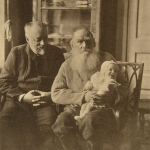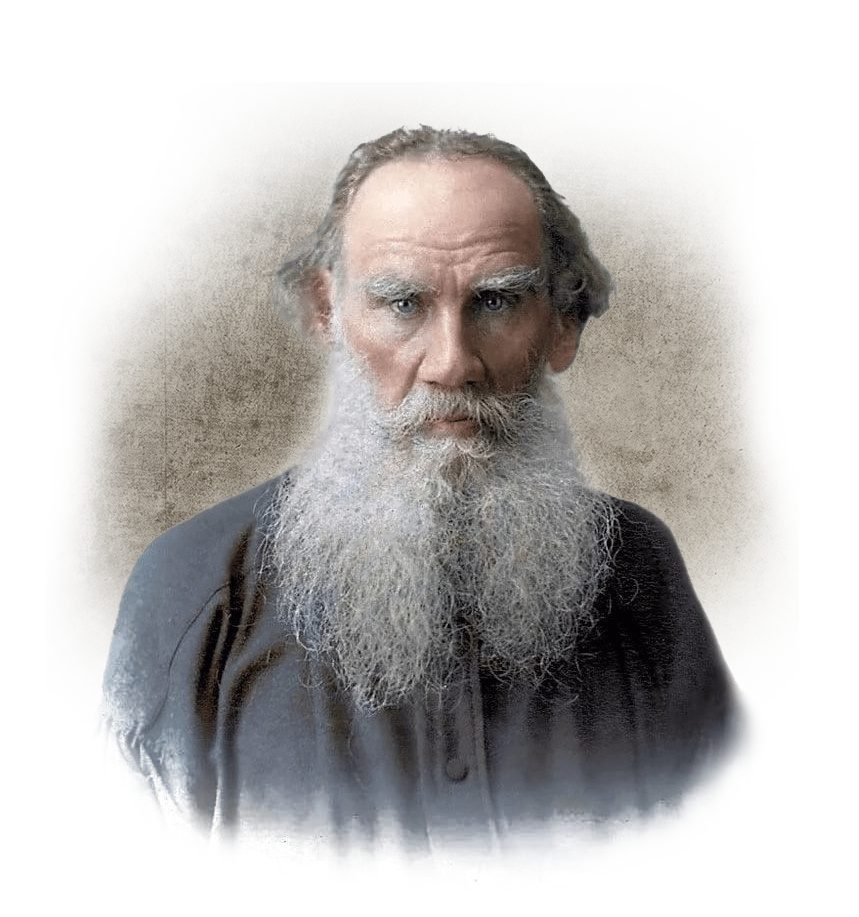
28.12.2023
Leo Tolstoy, celebrated for his literary masterpieces, was also a fervent educator whose pedagogical ideas permeated his writings, influencing his characters and narratives. His philosophies on education were deeply rooted in his belief in the moral and spiritual development of individuals, emphasizing the importance of simplicity, freedom, and morality in the educational process.
Leo Tolstoy, celebrated for his literary masterpieces, was also a fervent educator whose pedagogical ideas permeated his writings, influencing his characters and narratives. His philosophies on education were deeply rooted in his belief in the moral and spiritual development of individuals, emphasizing the importance of simplicity, freedom, and morality in the educational process.
- Educational Philosophy.
Tolstoy advocated for an education system that nurtured not only intellectual growth but also the development of ethical and spiritual values. His pedagogical principles were outlined in works like «Education and Culture» and «What Is Art?» where he critiqued formal education for its lack of emphasis on moral and spiritual aspects.
- Simplicity and Practical Learning.
Central to Tolstoy’s educational philosophy was the idea of simplicity. He favored a natural and simplistic approach to education, emphasizing hands-on experiences and practical learning rather than rote memorization. His belief in learning through real-life experiences and manual labor is evident in works like «Childhood,» where the protagonist Nikolai explores life through nature and personal encounters.
- Freedom in Education.
Tolstoy advocated for the freedom of the child in the learning process. He believed in providing an environment that allowed children to explore and discover knowledge independently, fostering creativity and critical thinking. This idea is echoed in his portrayal of children in «War and Peace» and «Anna Karenina,» where their freedom of thought and action is a recurring theme.
- Morality and Ethics.
The moral and ethical development of individuals was of paramount importance to Tolstoy. His characters often grapple with moral dilemmas and existential questions, reflecting his belief in the significance of moral education. In «Resurrection,» for instance, the protagonist undergoes a spiritual and moral awakening, highlighting Tolstoy’s emphasis on personal growth and ethical transformation.
- Impact on Literary Works.
Tolstoy’s educational principles are intricately woven into the fabric of his literary creations. Characters in his novels often undergo moral and intellectual growth, grappling with ethical questions and the search for meaning. Tolstoy used his narratives as a canvas to explore and promote his educational ideals, presenting them through the lives and experiences of his characters.
In essence, Tolstoy’s pedagogical ideas were not confined to theoretical discourse but manifested vividly in his literary works. His vision of education as a holistic and morally centered process continues to inspire discussions on the purpose and nature of education in modern society. Through his characters and narratives, Tolstoy conveyed his belief in the transformative power of education rooted in simplicity, freedom, and moral integrity.
You may also like:

17.10.2023
Tolstoy on Screen: The Cinematic Legacy of Leo Tolstoy's Literary Masterpieces

17.10.2023
Iconic Characters in Leo Tolstoy's Literary Universe

17.10.2023
Leo Tolstoy's Complex Family Dynamics: A Closer Look

17.10.2023
Leo Tolstoy: Life Events that Shaped his Literary Journey
